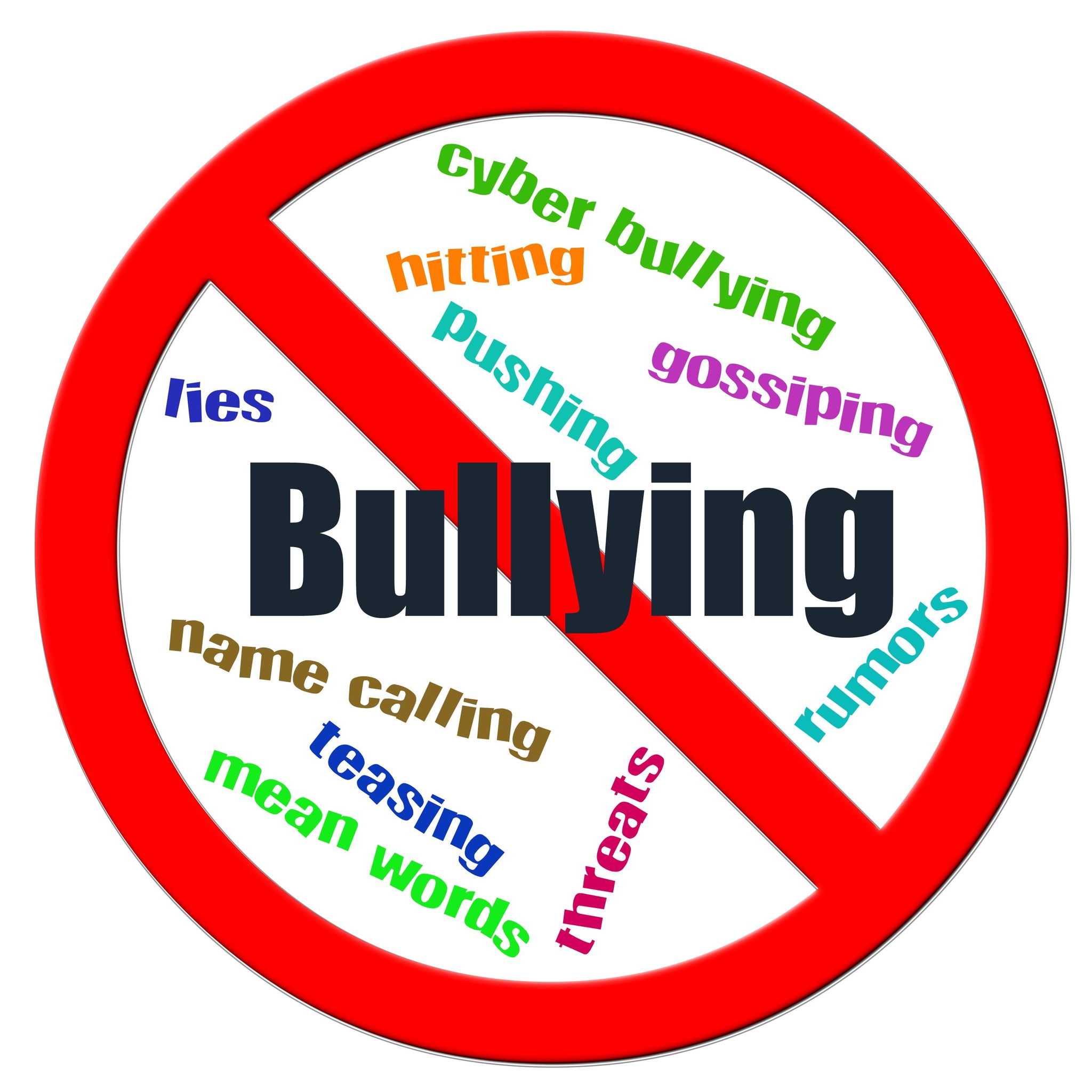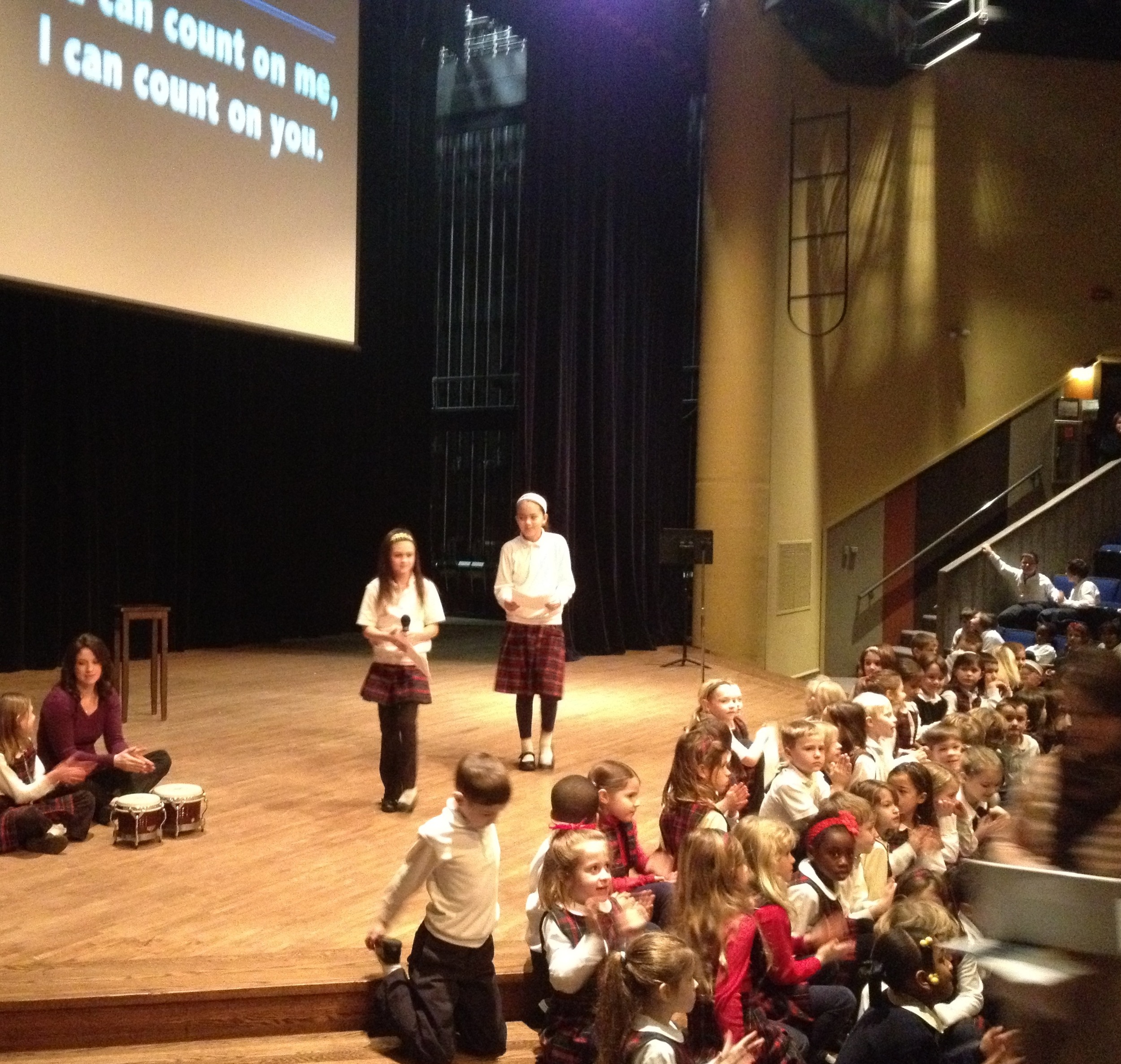 When your happy, well-adjusted 5th grader sends you a text messages from school saying, “Please come and get me. Everyone hates me. My life is ruined,” you know there is a problem.
When your happy, well-adjusted 5th grader sends you a text messages from school saying, “Please come and get me. Everyone hates me. My life is ruined,” you know there is a problem.
Upon receiving these texts from my son a few weeks ago, my mind immediately raced back to my daughter’s 5th grade year when she first experienced bullying behavior by her peers. I explored the subject of bullying amongst girls and wrote an article in 2007 for Minnesota Parent Magazine entitled “Girl Swirl.” Six years later, and even after experiencing some relational aggression with my older son’s peers, I am still blown away by how incredibly mean kids can be to one another. Kids desperately want to feel included, popular and important and will go to great lengths to secure their spot in a group. When a group decides to pick on someone because he is a threat, isn’t following the leaders of the group, or the group simply wants to get their kicks or exercise power by putting someone else down, most kids will choose to go along with the group, rather than stand up to the group leaders. These kids are well aware that any one of them could easily become the next victim.
Recently, I got a call from the middle school dean who informed me that my son was punched in the stomach twice during a football game scuffle that occurred during recess. My son later informed me that this was the second time that he had been punched by the same boy. The first time happened during gym class when my son was sticking up for another boy whom the aggressor was teasing, and the aggressor punched my son twice in the face. This incident, however, was not reported, by my son nor the gym teacher. The boy who punched him was sent home after the second incident, which caused an uproar amongst a group of boys, many of whom were my son’s friends (or at least he thought they were). Since this incident, my son has been blamed for the boy being sent home and subsequently has been teased, excluded, and targeted as the guy to “hit” during touch football games, which often turn into tackle (which was against the rules but went unnoticed by the recess monitors). He has heard boys repeatedly talking behind his back and knows there have been disparaging texts being sent about him. Friends who he thought were his friends have changed their minds about him and have decided that he no longer requires even a “hello.”
The school is aware that he is being targeted, and I made some calls to some of the moms of the boys who are involved, with whom I am friendly. But not much has changed. My son, for the last few weeks of school, has felt much like an outcast when he walked into school. Thankfully, the school year is now over and my son does have some loyal and kind friends who were/are not afraid to stand with my son during this difficult time, even at the risk of falling victim themselves.
My hope is that over the summer, the boys will have a chance to cool off, forgive and forget, and that my son’s fear of starting 6th grade as a target of hate will not be realized. As my heart aches for my son having to experience these feelings, I find myself wondering, do all kids get a touch of this at some point during their adolescent years? Does anyone get through these years unscathed? And what is our role as parents to help our kids deal with these difficult issues surrounding friendship, group dynamics and social hierarchy…and bullying.
My son is not perfect. I am sure he is guilty of saying something mean to someone. I know he has changed his mind about certain friends and decided to create some distance. But to my knowledge, he would not go out of his way to deliberately hurt or exclude someone.
Actually, I take that back. He did try to exclude a friend/turned non-friend once, and I knew that as a parent I most definitely needed to take an active role to help guide him through some of his choices and refuse to allow him to act this way. A few months ago, when my son asked me if he could have a big group of friends over on a Friday after school, I was happy to comply. When I asked him whom he was inviting, I realized that there was a good friend of his who was not on the list. “I don’t like him anymore,” he responded when I inquired about him. “Ok, he doesn’t have to be your best friend but you are not going to exclude him from this gathering. It will be very hurtful to him and I am not going to let you do that,” I told him calmly. “O.k., then I won’t have anyone over,” he said. I told him that I was fine with that.
He did end up having the gathering, and he and the boy he wanted to exclude (but didn’t) reconciled their differences and are now very close friends again. As parents, we have a very important job to do when it comes to dealing with our children and bullying. We need to play an active roll in helping them manage their behaviors and their relationships, without trying to micromanage their every move. Their friendships will indeed ebb and flow, and feelings will undoubtedly be hurt sometimes, but it is essential that we as parents are aware that bullying is different than the having a falling out with a friend or changing friend groups.
Here are some important points to consider when dealing with your child and issues around bullying:
- If you get a call from your child's school or another parent who says that your child is acting overly aggressive toward a peer or peers, or if you see signs of this kind of behavior in your child, take it seriously. It is not a joke or a game or “just kids being kids.”
- If your child denies any wrongdoing, continue to have conversations with your child about your expectations of him, and be very clear that you expect him to be inclusive and to treat others with kindness, respect and compassion, and that it is not okay for him to do or say hurtful things to anyone, or to participate in any sort of “ganging up” behavior.
- Be a good role model and make sure that your own children are treating each other respectfully in your home.
- Check your child’s phone and social media outlets for evidence of bullying behavior. If you find that your child has been engaging in cyber bullying, give them appropriate consequences like taking their phone or computer away, and encourage and empower them to stop the bullying cycle amongst their peers.
- Explain to your children that bullying is serious, will not be tolerated and there will be consequences for this type of behavior. Make sure that they understand the kinds of effects that bullying can have on kids like the fact that “at least half of suicides among young people are related to bullying.” (http://www.bullyingstatistics.org/content/bullying-and-suicide.html)
- If your child is being bullied, monitor him closely and watch for signs of depression or even suicidal behaviors.
- Advocate for and empower your child and teach him how to advocate for himself. Contact the school and other parents, and make them aware of what your child is experiencing. Allow the “mamma bear” to arise in you, and do what you need to do to try and make sure your child will be safe.
- Encourage your child to reach out to kids who are consistently kind. Even when you are beyond the stage when you can arrange play dates for your child, it is still okay to contact a parent of a child whom you feel would be a positive, supportive friend to your child and arrange for the kids to do an activity or a camp together.
- If you do these things and still feel that your child is not safe in his school environment, it may be necessary to make a change. Even when tormentors are threatened and disciplined by authority, there are so many cases wherein individuals or groups of kids will continue to find a way to make other kids’ lives miserable.
It is extremely painful to watch your child endure tormenting and exclusion by their peers, and it is also uncomfortable to know that your child is a tormentor (although, unfortunately these behaviors are often ignored or denied by parents). And it is very difficult as a parent to know what your role is in managing these issues. But whether you are the parent of a victim, an aggressor or quite possibly both, make sure your are dealing with these issues head on and that you working with your child to help him develop the tools he needs to constructively manage his relationships throughout his formative years.
